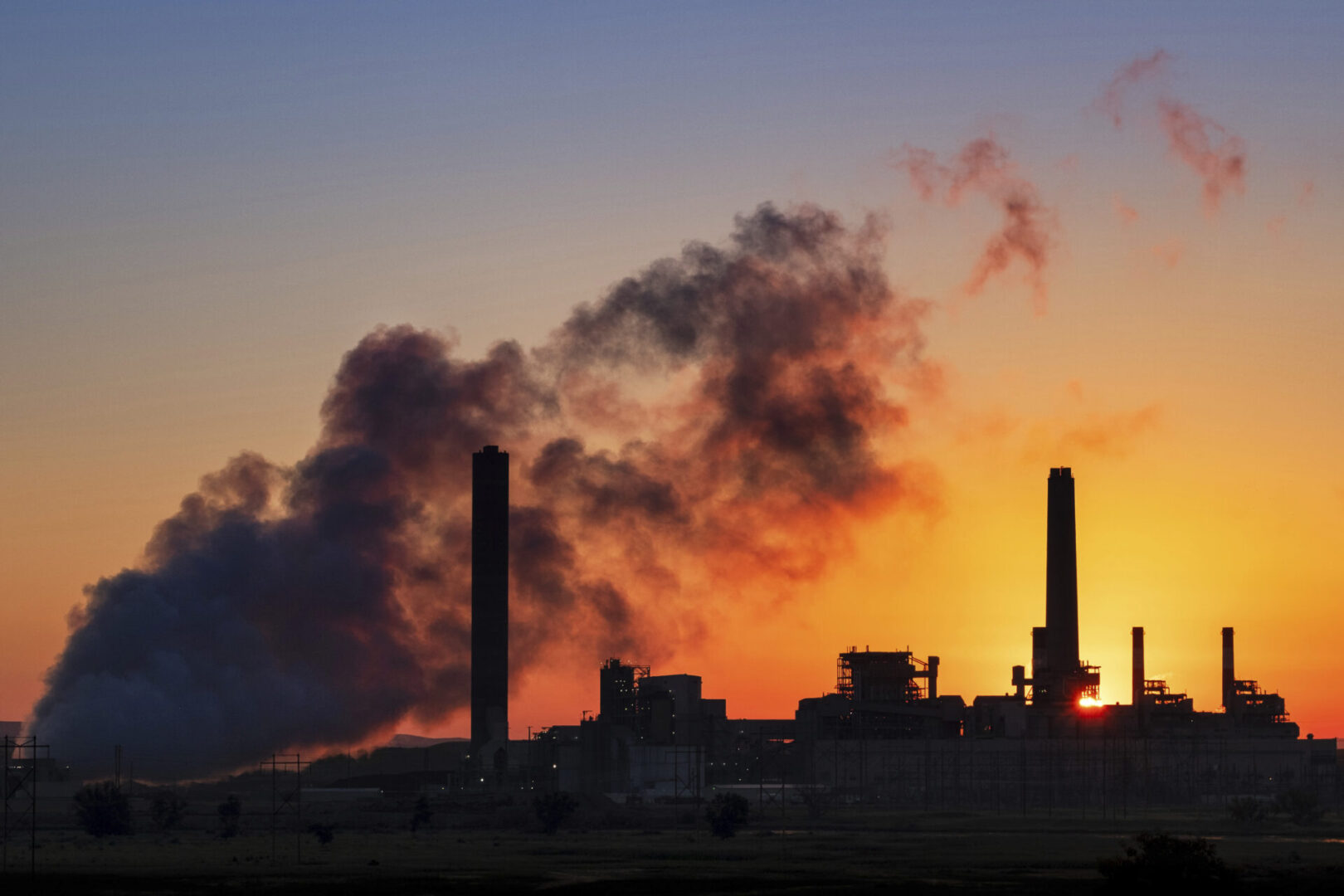In July, EPA Administrator Lee Zeldin announced the agency’s intent to undo “the endangerment finding” on greenhouse gases. While other scandals, disruptions and divisions consume our attention, we cannot lose sight of the fact that human-caused climate change is a persistent and accelerating threat and that we are far from helpless against it. We have choices and power when we get in and stay in the game.
The “endangerment finding” resulted from a 2007 Supreme Court ruling that determined EPA had to regulate greenhouse gas emissions (GHGs). Massachusetts v. EPA pivoted on whether greenhouse gases (GHGs) can be classified as “air pollutants” that have “effects on welfare.” In court, plaintiffs’ lawyer James Milkey proved the EPA itself knew that GHGs caused climate change and that climate change was already impacting states like Massachusetts by eroding their coastlines. Massachusetts et al won. In the 18 years since, Milkey’s argument has only strengthened.
We are experiencing more intense heat, hurricanes, and wildfires. According to research published in The Lancet, 5 million people are killed by heat every year. The 2021 Pacific Northwest heat dome led to three consecutive temperature records at Portland International Airport: 108°F on June 26, 112°F on June 27, and 116°F on June 28. The journal Nature reported that between June 25 and July 2, there were 619 heat-related deaths in British Columbia, 66 in Alberta, 100 in Washington State and 83 in Oregon, totaling 868 deaths. The heat dome was both more likely and hotter because we have heated the atmosphere with more GHGs.
According to the National Oceanographic and Atmospheric Administration, nine of the ten costliest and destructive hurricanes have occurred in the last 20 years with six of them occurring in the last decade. Look at pictures of towns in the North Carolina mountains after Helene, Puerto Rico after Maria or Texas after Harvey and ask yourself who is in danger. In 2024, five named hurricanes each led to hundreds of deaths. The human-heated ocean and atmosphere is driving these catastrophic storms.
The 2025 Canada wildfire season is the second worst on record. The Canadian Interagency Forest Fire Centrereported that fires had consumed 8,000,000 hectares or just under 31,000 square miles as of Sept. 30. That is an area the size of Maine. Smoke from those fires caused the Pennsylvania Department of Environmental Protection to issue “Code Orange Air Quality Action Days” for more than 40 counties on August 4 and 5. On Code Orange Days, DEP writes, “young children, the elderly and those with respiratory problems, such as asthma, emphysema and bronchitis, are especially vulnerable to the effects of air pollution and should limit outdoor activities.” Increased GHG concentrations set the conditions for more dangerous fires and air pollution.
In the light of intensifying risks and a leadership vacuum, it is up to those of us who know the truth and feel the effects to stand up, speak the truth and organize ourselves to show “we are still in.” States, cities, municipalities and counties, universities, school districts, hospital systems, businesses and non-governmental organizations have powerful roles to play. Each of us must plan for the constituencies we serve to prevent deaths, save billions of dollars in health, property and infrastructure costs, and provide peace of mind. At the same time, we must support a flourishing carbon-free economy and society by supporting regenerative land use and preserving open space, support and deploy clean energy, transportation and industry, and educate the public with accurate information and sensible individual, household and community actions. Policy must bolster every scale of action.
I have no crystal ball about the future. It will be a truly bizarre time if the White House manages to undo the endangerment finding since it flies in the face of science and experience. Ultimately, I trust in the American people to discern the truth. Climate action will make us a healthier, secure, prosperous and affordable nation.
Peter Buck is the co-director of Penn State’s Local Climate Action Program and President of the Pennsylvania Environmental Resource Consortium. His opinions are his own and do not represent the views of any other organization.



